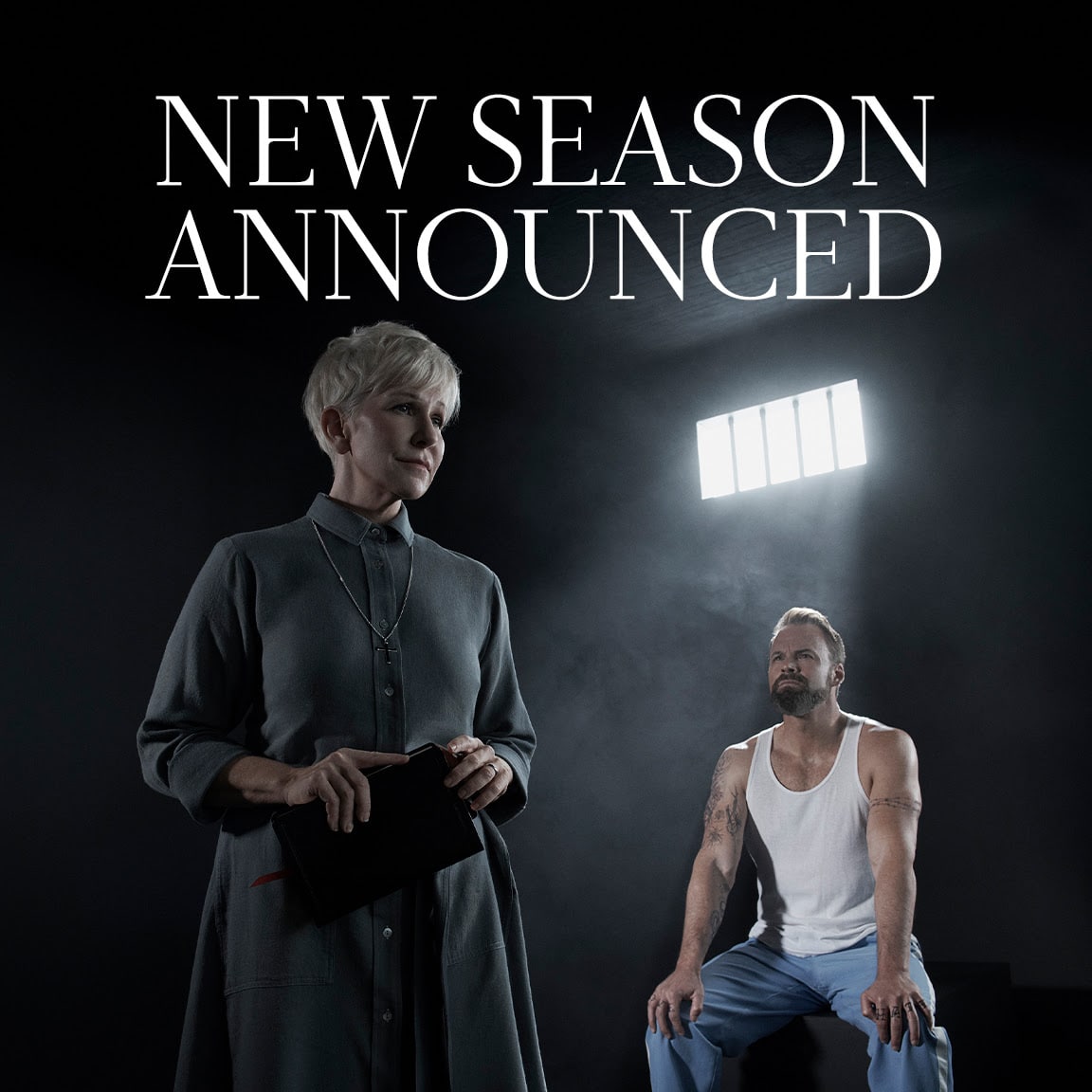For all its novelty, the Met still cannot find an audience
OperaAt yesterday’s season launch , Peter Gelb was made to admit that attendances at the Metropolitan Opera have barely improved since the Covid turbulence.
Gelb conceded that the current season’s average attendance is 63%, barely above the unsustainable 60% of the pre-Covid season.
There will be only 18 operas on show next season, the smallest repertoire in more than 40 years.
Rolando Villazón’s production of La Sonnambula has been indefinitely postponed.
Michael Mayer’s long-delayed Aida has been pushed back to 2024-25.
The new season poster does not exactly betoken joy.






Comments